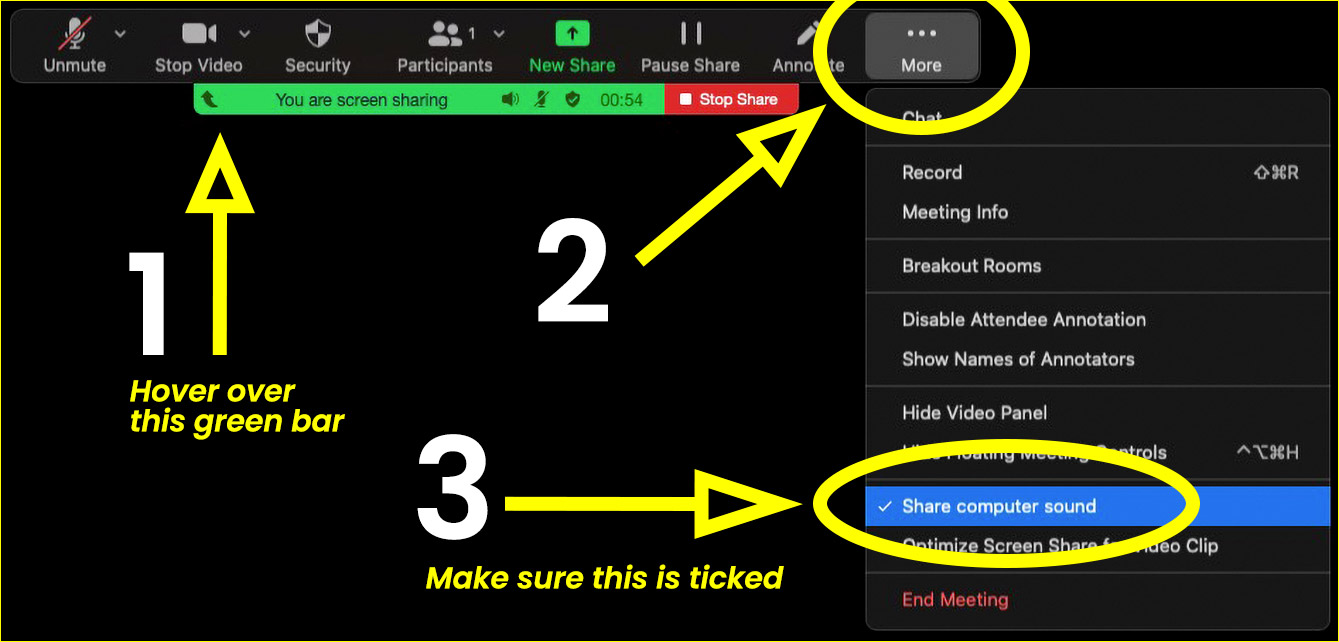With so many variables, expectations and personalities to balance, planning your team building budget for the year can be a challenge. Organisations set targets for teams but with only so many hours in the day, getting a better result – increased productivity, employees aligned with company values or even just getting everyone to get along – calls for working smarter, not harder.
The good news is, no matter your industry or the size of your team, there are five central concepts behind every successful manager:
1. Have a plan!
This one sounds obvious – but with competing priorities it’s surprising how easy it is to find yourself racing towards the end of the year, realising you’ve almost missed the boat. That leads to hastily pulling something together that feels just as rushed for your team as it does for you. Sometimes, managers realise the plan they created in January was actually just a few rough notes, or maybe even something copied from the internet to pop into the budget, and not something that speaks to their team. Taking the time to create a plan that links your goals with the goals of your team members and your organisation will pay dividends.
2. You’re managing people, not robots
A winning team plan takes into account the fact you’re managing a team of humans, not robots. Through the year, your team are going to face their own challenges, peaks and troughs in motivation, and even disagreements with team mates. Address this by building regular team building opportunities into your calendar, from getting your team out of the office for a hour of philanthropy to bringing everyone together with a team building game that pairs fun with function to unleash potential and build connection.
3. Don’t be scared to have fun
Following on from the point above, as humans we’re wired to crave things that feel good. As cave-dwellers, that instinct kept us alive, and today it’s what drives us to get sucked into the technology vortex on our phones. Use this to your advantage by packaging team building and learning and development opportunities with fun challenges. Akin to your mum hiding veggies in your dinner as a kid (we’re onto you, Mum), adding an element of fun by gamifying the learning process makes learning – and importantly, learning together – an engaging process that gets everyone on board.
4. Evaluate often
Take stock through the year. What’s working? What’s not? What’s changed? In managing a team of humans towards a shared vision, we have to expect the unexpected. From departures and new hires changing the dynamic to new challenges on the competitive landscape, your team will be responding to factors within and beyond your control. To save yourself from end-of-year panic, check in every month to be sure your team development plans still reflect the team and challenges you have in front of you – rather than those you had in January.
5. Stay current
With so much on your plate, staying current with team building and learning and development trends can get shoved to the side. But setting aside 15 minutes in your calendar, say every Friday afternoon, is valuable learning that will keep your mind (and motivation) fresh. For example, in 2019 emotional intelligence (EiQ) was a key trend, with employees gifted in these soft skills helping employees building connection and community in the workplace as a precursor to successful projects for the organisation. While some team members enjoy an innate ability in self-awareness and managing and understanding emotions, EiQ can be delivered as a learned skill for employees whose strengths lay in other areas. But, it all comes down to recognising what’s going on for YOUR team, which as a manager often means carving out some time in your week to grow your knowledge and view your team with some perspective.
Part of what makes leading teams wonderful is that we’re all humans, with our own skills, abilities and preferences, as are the people we manage. Approaching the task of guiding your team to success with a sense of adventure can make all the difference – for you, and for them!

